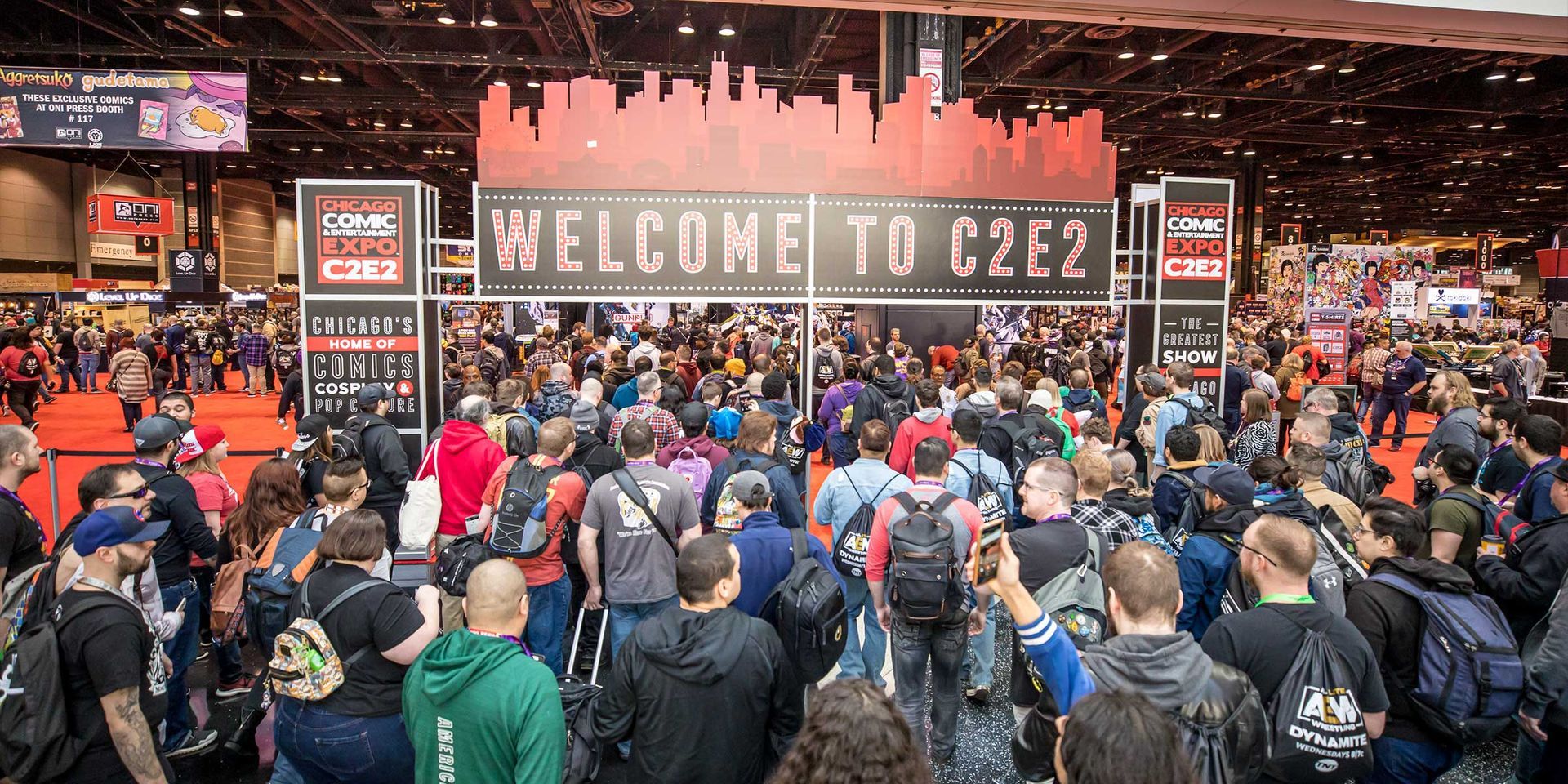INSIDER773
INSIDER773
Article
Sanctuary City Chicago Faces New ICE Challenges
January 28, 2025
In the wake of Donald Trump’s return to the presidency in January 2025, Immigration and Customs Enforcement (ICE) has ramped up operations in Chicago. These actions, part of a nationwide effort to increase deportations, have sparked both local and national discussions about immigration policy and enforcement.
On January 26, ICE initiated what it described as "enhanced targeted operations" in Chicago. These efforts led to numerous arrests, contributing to a record-breaking single-day total of 956 detentions across the country—the highest since Trump resumed office. Among those detained was a Thai national in Chicago with a prior conviction for child sex offenses. This particular arrest gained significant media attention due to the presence of high-profile figures, including Tom Homan, the administration’s “border czar,” and television host Dr. Phil McGraw, who accompanied ICE agents during the operation.
Chicago, a city known for its sanctuary policies that limit cooperation with federal immigration enforcement, has found itself at the center of heightened tensions. These policies have historically sought to protect undocumented immigrants from indiscriminate detentions, prioritizing local law enforcement’s focus on community safety rather than immigration status. However, federal operations in the city have continued to escalate, targeting individuals with prior criminal convictions as well as those without.
Illinois Governor JB Pritzker has reiterated the state’s stance, emphasizing cooperation in deporting individuals with criminal records but refusing to support broader identification efforts. Despite this, the Trump administration has set ambitious daily arrest targets for ICE agents nationwide and expanded expedited removal processes, reducing due process for undocumented immigrants.
These developments have prompted significant pushback from immigrant rights groups, who have raised concerns about potential rights violations and the broader implications for Chicago’s immigrant communities. Legal challenges against the administration and ICE have already been filed, alleging that the recent operations violate constitutional protections and constitute acts of retaliation.
As the situation unfolds, Chicago remains a focal point in the national debate over immigration enforcement. The city’s longstanding commitment to protecting its immigrant communities is being tested against the federal government’s intensified efforts to implement stricter deportation policies. Observers expect further legal and political battles in the months ahead, as both sides grapple with the complex and contentious nature of immigration policy.
Related Articles
Related Articles

April 8, 2025
The Taylor Swift Bar Crawl: Eras, Exes & Everything Taylor takes place on April 12, 2025, across multiple bars in Wrigleyville. Fans can enjoy themed drink specials, giveaways, and DJs playing Taylor's biggest hits from every era. Costumes are encouraged, so come dressed as your favorite version of Taylor. It’s a fun, Swiftie-filled night celebrating all things Taylor Swift.

April 8, 2025
The Chicago Tea Festival 2025 will take place on April 12-13 from 10 a.m. to 6 p.m. at the Copernicus Center in Chicago. This annual event celebrates global tea culture and welcomes tea lovers, experts, and enthusiasts. General admission is $30 at the door, and VIP tickets are $79, with all tickets sold online. The festival is run by a nonprofit team of dedicated volunteers and features vendors, guest speakers, and educational sessions.

April 8, 2025
C2E2 2025 takes place April 11–13 at McCormick Place in Chicago, featuring comic creators, celebrity guests, panels, cosplay, and more. Big names like John Boyega, Elijah Wood, Molly Ringwald, and cast members from X-Men: The Animated Series will be in attendance. Tickets for Friday and Sunday are still available, but Saturday and VIP passes are sold out. Attractions include Artist Alley, Cosplay Central, Family HQ, and the Pride Lounge.
© 2024 INSIDER773 All rights reserved | Privacy Policy | Terms of Service | Sitemap